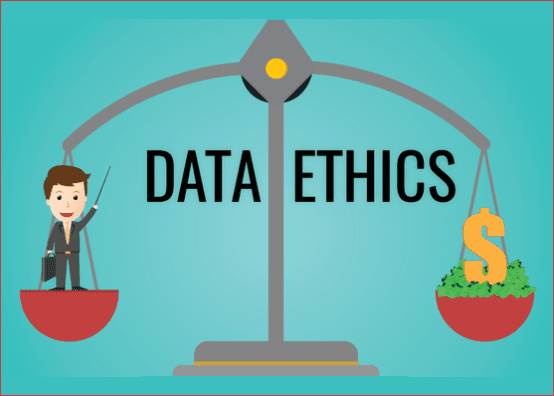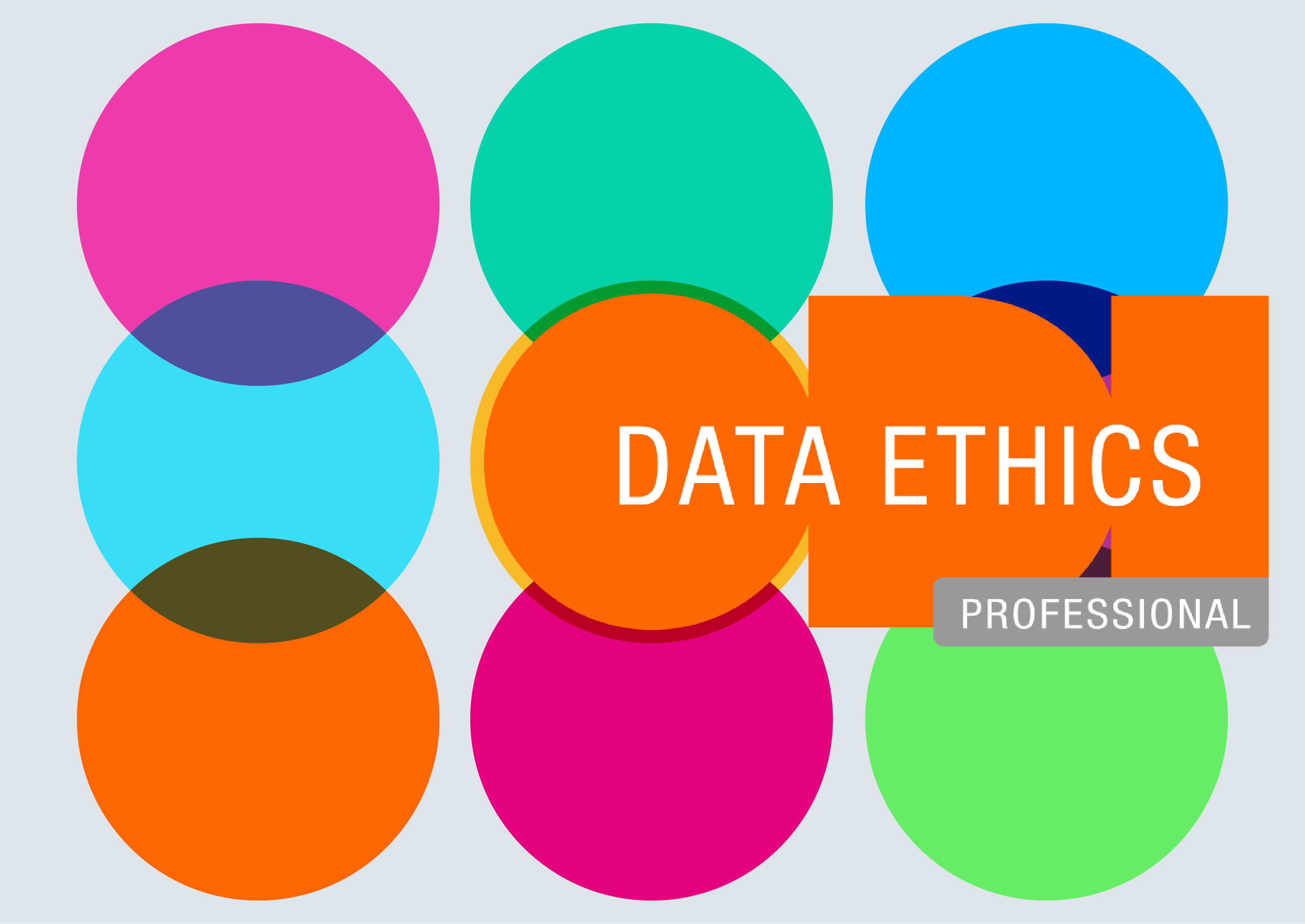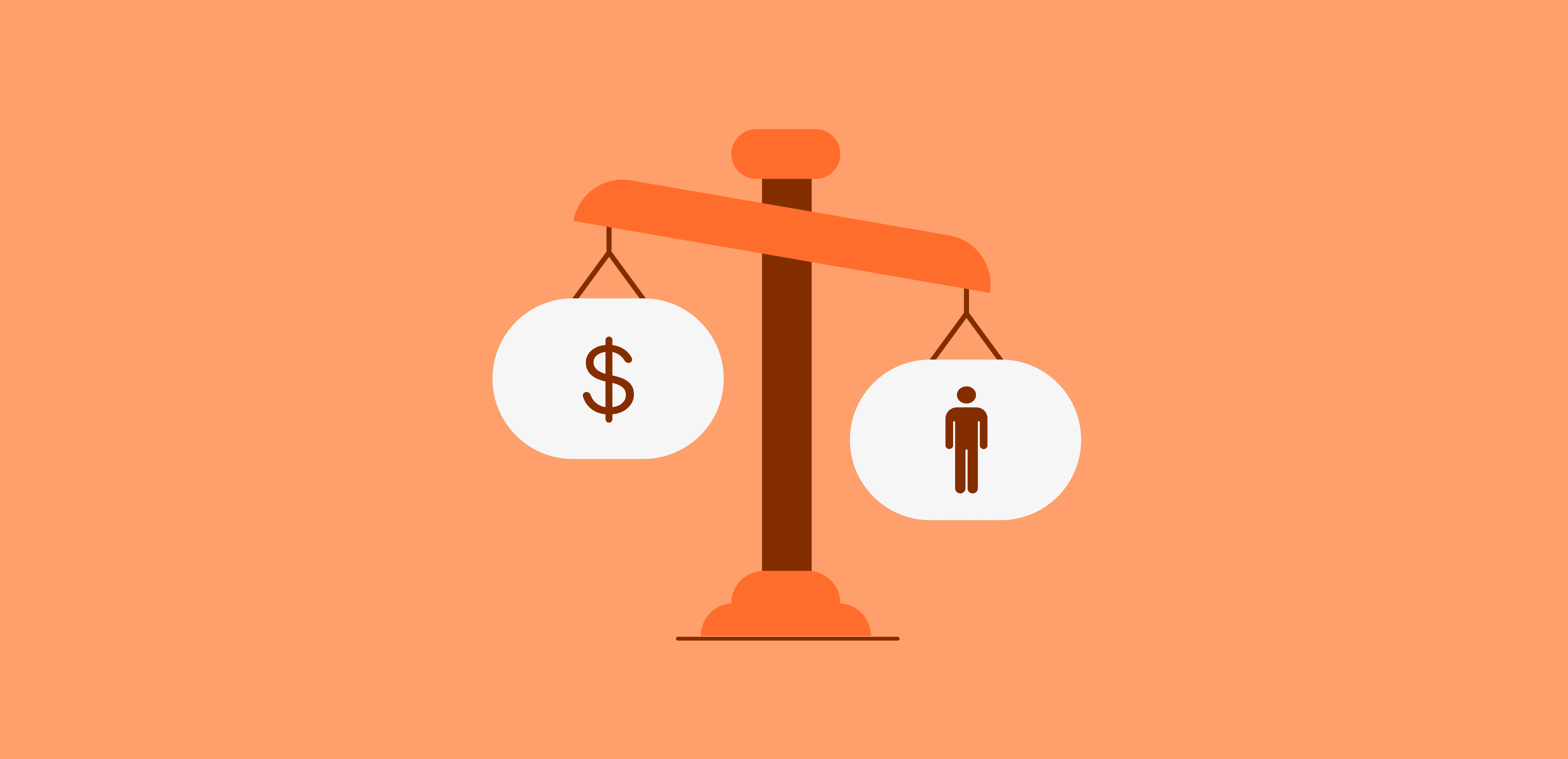What is Data Ethics?
In short, data ethics refers to the principles behind how organizations gather, protect, and use data. It’s a field of ethics that focuses on the moral obligations that entities have (or should have) when collecting and disseminating information about us. In a world where data is more valuable and ubiquitous than ever, data ethics issues are more pressing now than at any time in history.
Why Data Ethics Matter
Regardless of how low-tech you may be, the importance of data ethics cannot be overstated. It’s impossible to ignore the fact that we’re living in a world that increasingly depends on information, and consequently, data ethics will become an essential factor for everyone.
Data is a valuable asset that can build the next great business or innovation to improve the lives of countless people. However, it is also a resource that many organizations are not protecting or using ethically.
That’s why understanding data ethics is so essential. It helps us discern what we’re doing with our own information and how we can protect ourselves from its misuse without sacrificing our ability to participate in society. It also helps us think about how we want society to function in the future, not just in our lifetimes but for future generations as technology continues to evolve.
This is also why regulation related to technology is not just about protecting data privacy or security; it’s about protecting human beings from the unknown consequences of their own actions.

Understanding the Current & Potential Future Data Ethics Landscape
It’s essential to remember that AI and machine learning are still relatively new technologies—they’re not going away any time soon, but neither are they in their final form now. This is why there is urgency regarding questions about how these technologies should be used to ensure that they remain a benefit to society. Learn more about issues around the future of responsible AI with our DataFramed podcast.
Since we live our lives increasingly online, the line between private and public has been blurred. And while there are some legal protections for your data (such as the European Union’s General Data Protection Regulation, or California’s CCPA), there are also enough gray areas to make it difficult to manage your own privacy.

Principles of Big Data Ethics
While there is no standard method for approaching data projects—big or otherwise—the essential aim is to translate basic human rights into the digital age. Regardless of the terms used, considering potential harm to people, organizations, and systems is the motivation behind these principles.
Governmental risk agencies have provided some guidance on practical application. From NIST, the US technology standards organization, and DataEthics.eu comes this approach to considering challenges unique to your industry:
- Harms to people:
-
-
- Adverse impact on an individual’s civil liberties or physical safety, the discrimination of groups of people, or the repression of democratic participation at scale.
-
- Harms to organizations:
-
-
- Adverse impact on business operations (monetary loss, security breaches, and reputational harm)
-
- Harms to systems:
-
- Large-scale harms, such as to financial systems.
-
Applying Data Ethics
Aside from contemplating general philosophy, individual practitioners and organizational leaders face challenges integrating these values into everyday practices and processes.
Data Ethics Guidance for Individual Practitioners
Software, Machine Learning, or AI Engineers
The skills needed to develop software are not the same as those that determine whether a project is ethical. This is evidenced by many examples of highly biased and unethical algorithms and software products defended by technical founders.
While software engineers can (and should) broaden their understanding of common ethical pitfalls, the key application for individual technical contributors is to collaborate with ethicists on challenging questions. Understanding that additional time and effort to work through ethical analyses of a product is not wasted, nor a delay of ‘innovation,’ is critical to accepting the new normal of this role.
Documentation and careful data review are best practices that will be even more critical as transparency, accountability, and accessibility are incorporated into your products. While many ethical questions fall outside the scope of development, unforeseen concerns may arise in this phase, so developers should take an active part.
Technical Project Managers
As a project manager, navigating additional requirements related to ethical safeguards will be a new challenge. Estimating time and effort related to these unprecedented tasks and developing a clear understanding of new stakeholders (researchers, ethicists, etc.) will be critical in creating meaningful outcomes for your technical team.
Managing requirements and navigating scope and demands from all sides already make project management a demanding job, but standing firm in aligning a product with ethical principles will make your role even more critical.
Working with developers to create meaningful documentation of any attempts to detect bias and discrimination will be essential to iterating internal protocols around fair and ethical initiatives.
Product Manager
As the product manager, you may have the most hands-on role related to whether an idea passes an ethics test. Navigating requests and requirements will force you to work closely with leaders in delivery and development teams to ensure that features have been thoroughly user tested and reviewed for inclusivity. If your organization does not already have standard measures for receiving feedback, develop processes to iterate if ethical violations emerge.
Data Ethics Guidance for Organizational Leaders
Startups
For startups developing technology and tools which include AI applications, mindfulness about ethical implications is essential. It can be challenging for small companies to dedicate additional resources to ethical analysis, but it’s even more important that these companies develop these practices early on.
Small/Medium-Sized Businesses
As many small businesses scale, they may begin to use more technology. Gathering user data, developing purchasing databases, and potentially hiring engineers may all become the norm. However, with these developments comes an exponential growth in related risk.
Leaders in this type of business can prioritize transparency and accessibility as they grow. Keeping customers informed about what data they’ve gathered and how it will be used is key as you continue to develop your processes. Requesting consent and maintaining high levels of communication regarding changes in technology and expectations is another way SMEs can ensure they are growing sustainably.
Global Corporations
Due to the scale of impact for most multinational corporations, developing reliable security, privacy, and ethics processes are even more critical. Corporations in vastly different industries have fallen victim to ransomware, leaks, and improper use of data by employees; however, claiming ignorance of the risks is no longer acceptable.
Developing internal, cross-departmental working groups is a valuable first step in developing a company-wide shift in values and knowledge-sharing. Expanding required training for employees and incentivizing regular analysis for managers and individual contributors will also communicate the value of ethical considerations related to data for all.


